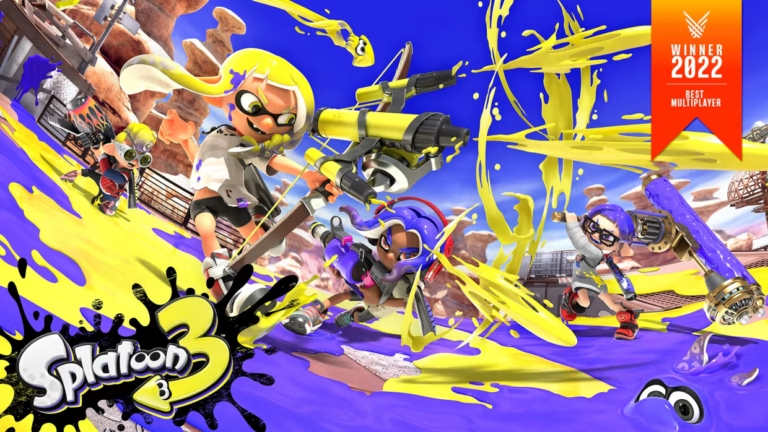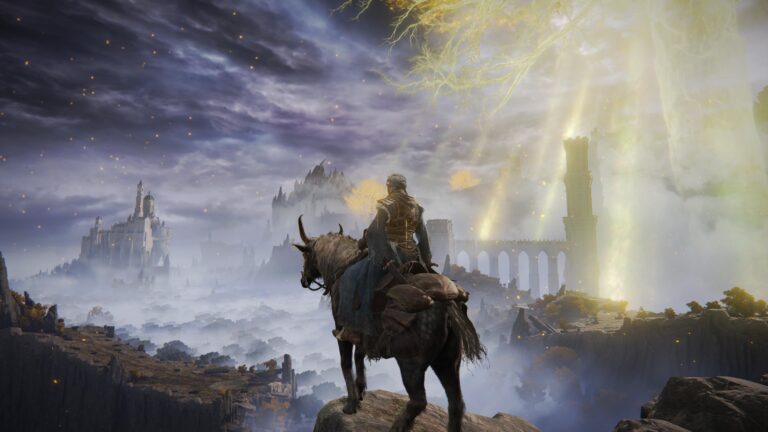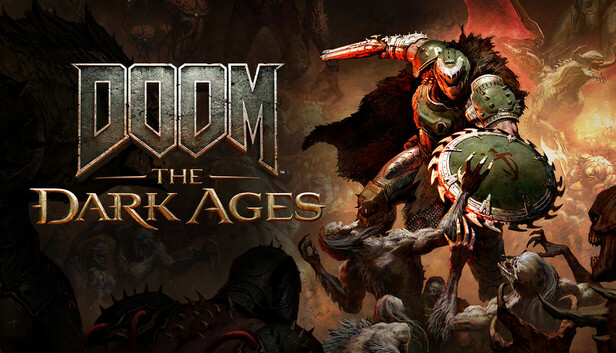Platform | PlayStation 4, Nintendo Switch, PC |
|---|---|
Publisher | Square Enix |
Genre | RPG |
Release Date | 10/12/2017 |
Story
Lost Sphear, developed by Tokyo RPG Factory and published by Square Enix, is a captivating role-playing game (RPG) that delves into the profound themes of memory and existence. Set in a beautifully crafted world, the game follows the journey of a young boy named Kanata who possesses an extraordinary ability: the power to restore lost memories and bring back parts of his world that have mysteriously vanished.
The narrative begins in the small, peaceful town of Elgarthe, where Kanata lives with his childhood friends, Lumina and Locke. Their lives are turned upside down when they witness a phenomenon known as “The Lost,” where objects, people, and places start disappearing, leaving behind a blank, white void. This alarming event sets Kanata and his companions on a quest to uncover the truth behind The Lost and ultimately save their world from oblivion.
As the story unfolds, Kanata encounters a mysterious girl named Van, who guides him on his journey. Together, they traverse a world filled with intrigue and danger, meeting a diverse cast of characters, each with their own stories and motivations. The narrative explores deep philosophical questions about the nature of memory, identity, and the importance of human connections.
Throughout their adventure, the group uncovers the existence of ancient machines called Vulcosuits, which play a crucial role in combat and puzzle-solving. These suits, remnants of a forgotten era, offer insights into the world’s history and the cause of The Lost phenomenon. As Kanata and his friends delve deeper into these mysteries, they face moral dilemmas and must make choices that impact the fate of the world.
Gameplay
Lost Sphear’s gameplay is a harmonious blend of traditional RPG elements and innovative mechanics that provide a refreshing experience for both newcomers and veterans of the genre. The game employs a turn-based combat system, reminiscent of classic RPGs, but with modern twists that enhance strategic depth and player engagement.
At the core of the gameplay is the Active Time Battle (ATB) system, which integrates real-time elements into the turn-based framework. Players control a party of up to four characters, each with unique abilities and roles. Positioning is crucial during battles, as players can move their characters freely around the battlefield to maximize the effectiveness of their attacks and avoid enemy assaults.
A standout feature of Lost Sphear is the Vulcosuit mechanic. These powerful exoskeletons provide characters with enhanced abilities, allowing them to unleash devastating attacks and access special skills during combat. However, the use of Vulcosuits is limited by a resource called “Vulco Points,” adding a layer of strategy as players must decide when to deploy these formidable suits.
In addition to combat, Lost Sphear features an engaging world exploration component. Players navigate a beautifully rendered overworld map, visiting towns, dungeons, and other locales. The game encourages exploration, rewarding players with hidden treasures, side quests, and lore that enrich the overall narrative.
The memory restoration mechanic is another unique aspect of the gameplay. By collecting “Memory,” a resource obtained from defeating enemies and completing quests, Kanata can restore lost parts of the world. This mechanic ties seamlessly into the story, as players witness firsthand the impact of their actions on the environment and the lives of NPCs.
Graphics and Sound
Lost Sphear’s visuals are a testament to the artistry of Tokyo RPG Factory, combining nostalgia with modern aesthetics. The game’s graphics draw inspiration from classic 16-bit RPGs, yet incorporate contemporary design elements that enhance the overall presentation. The environments are richly detailed, with each location exuding its own unique atmosphere. From lush forests and bustling towns to desolate ruins and icy tundras, the world of Lost Sphear is a visual treat that beckons players to explore every corner.
Character designs are charming and expressive, capturing the essence of each character’s personality. The animations are fluid, particularly during combat sequences, where the dynamic camera angles and special effects add excitement and flair to battles.
Complementing the visuals is a beautifully composed soundtrack by Tomoki Miyoshi. The music of Lost Sphear is both emotive and evocative, perfectly capturing the mood of each scene. From the serene melodies of peaceful villages to the intense compositions of climactic battles, the soundtrack enhances the emotional impact of the story. The sound design, including ambient noises and battle effects, further immerses players into the world, creating a cohesive and engaging experience.
Legacy and Reception
Upon its release, Lost Sphear received a mixed reception from critics and players alike. While many praised the game for its engaging story, charming visuals, and nostalgic appeal, others criticized it for its adherence to traditional RPG tropes and lack of innovation.
Critics lauded the game’s narrative for its depth and philosophical exploration of memory and identity. The central theme of restoring a world lost to oblivion resonated with players, offering a poignant reflection on the importance of memories and human connections. The character-driven story, with its diverse cast and emotional arcs, was another highlight that garnered appreciation.
The gameplay mechanics, particularly the Vulcosuit system and memory restoration feature, received positive feedback for adding strategic depth and variety to the traditional RPG formula. However, some players felt that the game relied too heavily on familiar mechanics and lacked the groundbreaking innovations expected from modern RPGs.
Graphically, Lost Sphear was praised for its beautiful art style and attention to detail. The nostalgic visuals, coupled with a captivating soundtrack, created a compelling atmosphere that appealed to fans of classic RPGs.
Despite the divided opinions, Lost Sphear carved out a niche for itself within the RPG community. Its blend of nostalgia and modern elements, along with its thought-provoking narrative, positioned it as a memorable experience for those who embarked on its journey.
Conclusion
Lost Sphear is a testament to the enduring appeal of traditional RPGs, blending nostalgia with modern storytelling and gameplay mechanics. Through its captivating narrative, players are invited to explore profound themes of memory and existence, embarking on a journey that challenges their perceptions of the world and themselves.
While the game may not have revolutionized the RPG genre, it succeeded in delivering a heartfelt experience that resonated with many players. Its charming visuals, engaging combat, and philosophical undertones left a lasting impression, ensuring its place in the annals of RPG history.
Lost Sphear stands as a reminder of the power of memories and the connections that define us, offering a poignant reflection on the human experience. For those seeking a journey filled with emotion, adventure, and introspection, Lost Sphear remains a cherished gem in the world of role-playing games.















